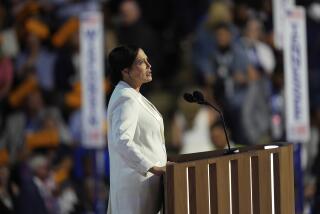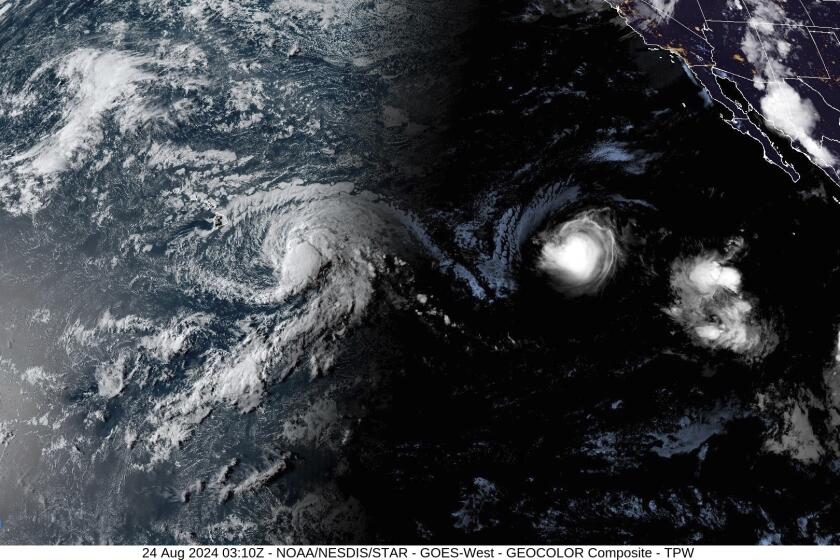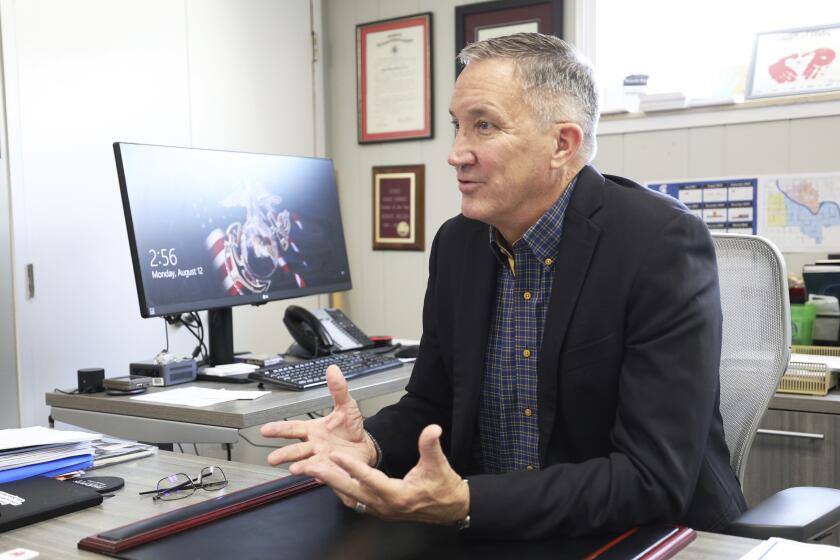Bonn Finds No Proof of Aid to Libyan Factory
West German financial examiners found no proof to support U.S. allegations that a West German firm helped build a plant in Libya designed to produce chemical weapons, officials said today.
The announcement ended an investigation of the Imhausen-Chemie company in southwest Baden-Wurttemberg state. The federal Finance Ministry ordered the company’s records examined in response to the U.S. claims.
“There is no evidence of illegal exports,” Freiburg District Director Willi Voegele told reporters after delivering results of the inquiry to the company offices in Lahr, 130 miles south of Frankfurt.
Voegele said the inquiry had not found any evidence to show that “the company or its branches sold pieces of chemical (plant) equipment to Libya from 1984 until today.”
“They also have not helped with plans or with specialized knowledge,” he said.
Juergen Hippenstiel-Imhausen, managing director of the company, repeated his denials of the U.S. allegations, saying the firm had “nothing--absolutely nothing--to do with this ‘Libyan tale.’ ”
Also today, the West German government said five other West German companies “in all probability” provided Iraq with materials that can be used to make chemical weapons.
No charges have been filed in that case, which came to official attention before the allegations against Imhausen-Chemie surfaced.
The government said the companies under investigation are Walter Engineer Trading of Hamburg, the Karl Kolb company of Dreieich, Pilot Plant of Dreieich, Preussag of Hanover and Heberberger Bau of Schifferstadt.
The British government, meanwhile, joined the United States in claiming to have proof that the Libyan plant was designed to produce chemical weapons.
The statement Wednesday night from the Foreign Office was the first comment by British officials on U.S. allegations and other reports that Libya built the plant to make chemical weapons, including poison gas.
“This information shows that the plant is very large and that there is no doubt it is intended for chemical warfare production,” a Foreign Office spokesman said.
Shultz Begins Tour
Meanwhile, Secretary of State George P. Shultz left Washington for Europe today on a mission to persuade more than 100 nations to impose sanctions on countries that use poison gas.
He also planned to urge foreign ministers and ambassadors assembling for a five-day conference in Paris to strengthen the hand of U.N. Secretary General Javier Perez de Cuellar in investigating allegations of chemical warfare.
The skirmish Wednesday over the Mediterranean in which U.S. Navy jet fighters shot down two Libyan MIG-23 planes acted as a backdrop for the conference, which opens Saturday.
The Paris conference was proposed by President Reagan in September.
More to Read
Sign up for Essential California
The most important California stories and recommendations in your inbox every morning.
You may occasionally receive promotional content from the Los Angeles Times.






